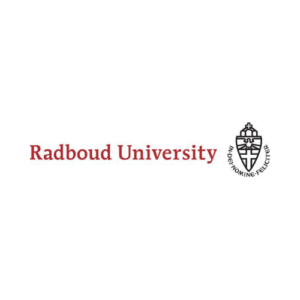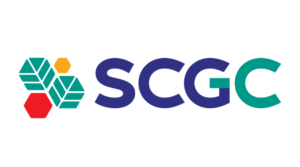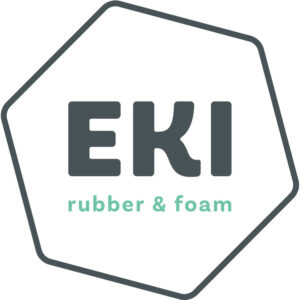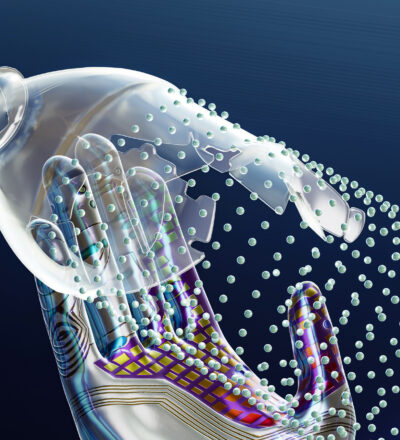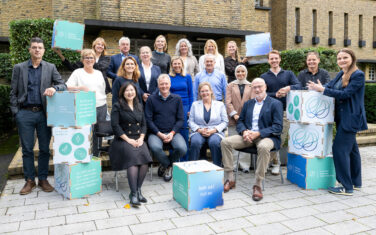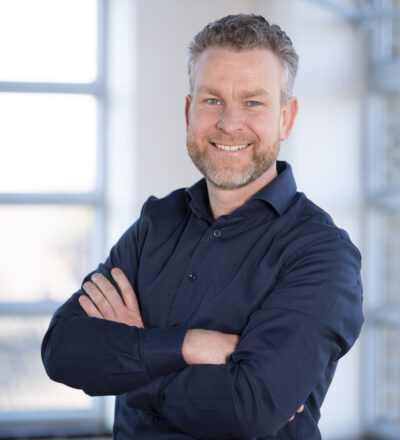Mechanical recycling of plastics faces a major challenge: producing high-quality recycled plastics that meet market demands. This quality gap leads to unsold recycled plastics and an inconsistency between supply and demand. Large material and end-product producers, seeking quick fixes, often prefer (thermo-)chemical recycling over mechanical methods. PlastiCycle 4.0 aims to change this.
In short:
- There is still a lack of understanding how to convert sorted waste plastics into marketable, high-quality recycled plastic via mechanical recycling
- This results in an imbalance between supply and demand
- Our aim: to transform (sorted) plastic waste into high-quality recycled plastics
This project aims to explore the new potential of quality-based recycling via leading edge technologies in analytics, physical processing, chemical interaction and stability and digitalization.
Producing high-quality recycled plastics that meet market demands
How can we transform (sorted) waste plastics into high-quality recycled plastics using mechanical recycling that meet market demands and are commercially viable?
In the current operation of mechanical recycling of plastics there is still a lack of understanding how to convert sorted waste plastics into marketable, high-quality recycled plastics, especially related to more demanding and functional applications. This results in a supply and demand inconsistency and a growing pile of unsold recycled plastics. Moreover, in their pledge to offer quick results for the recycling of plastics, large material and end-product producers tend to move away from mechanical recycling of plastics, favouring (thermo-)chemical recycling as the preferred and quick route. While complementary recycling pathways have to be explored, mechanical recycling of plastics should be further exploited for quality materials.
To explore the new potential of quality-based recycling, PlastiCycle 4.0 seeks to revolutionize recycling by harnessing cutting-edge technologies in analytics, physical processing, chemical interaction, and digitalization. This project aims to unlock the potential of quality-based recycling, positioning Dutch industries at the forefront of the circular plastics ecosystem, promising economic growth, job creation, and a reduced environmental footprint.
PlastiCycle 4.0: Advancing Quality-Focused Plastic Recycling
PlastiCycle 4.0 is a CPI-project set to revolutionize plastic recycling for Dutch industries by leveraging advanced sensing, processing, and digital technologies to enhance plastic circularity. Our key objectives include:
- Developing concrete methods to predict and assess specific quality parameters critical for the functionality of recycled plastics in various applications.
- Introducing a new approach to evaluating the quality of recycled plastics through mechanical recycling.
- Increasing in-depth knowledge for producing high-quality recycled plastic products, thereby fostering the development of skilled human capital essential for the material transition.
Join us in transforming the future of plastic recycling with PlastiCycle 4.0.
What we do
PlastiCycle 4.0 will deliver the following results based on industrially established use-cases:
- A balanced and validated set of sensors and analytical technology to understand novel plastic additives in the formulation of recycling industrially relevant recyclate streams.
- New and validated AI models to further understand the potential of such novel plastic additives in a predictive manner for industrial conditions. Thereby reducing uncertainty around development and application of such additives.
- A (combined) methodology to rapidly assess the feasibility of recycling unique plastic waste streams and/or specialized recycled product applications.
- Newly developed and validated sensors and analytical techniques as part of the total methodology, together with a smart product formulation model and a value chain model which will provide insights into new value chain reintegration opportunities.
You might also be interested in
Acknowledgement & partners
This project is co-funded by TKI-E&I with the supplementary grant 'TKI- Toeslag' for Topconsortia for Knowledge and Innovation (TKI’s) of the Ministry of Economic Affairs and Climate Policy.
